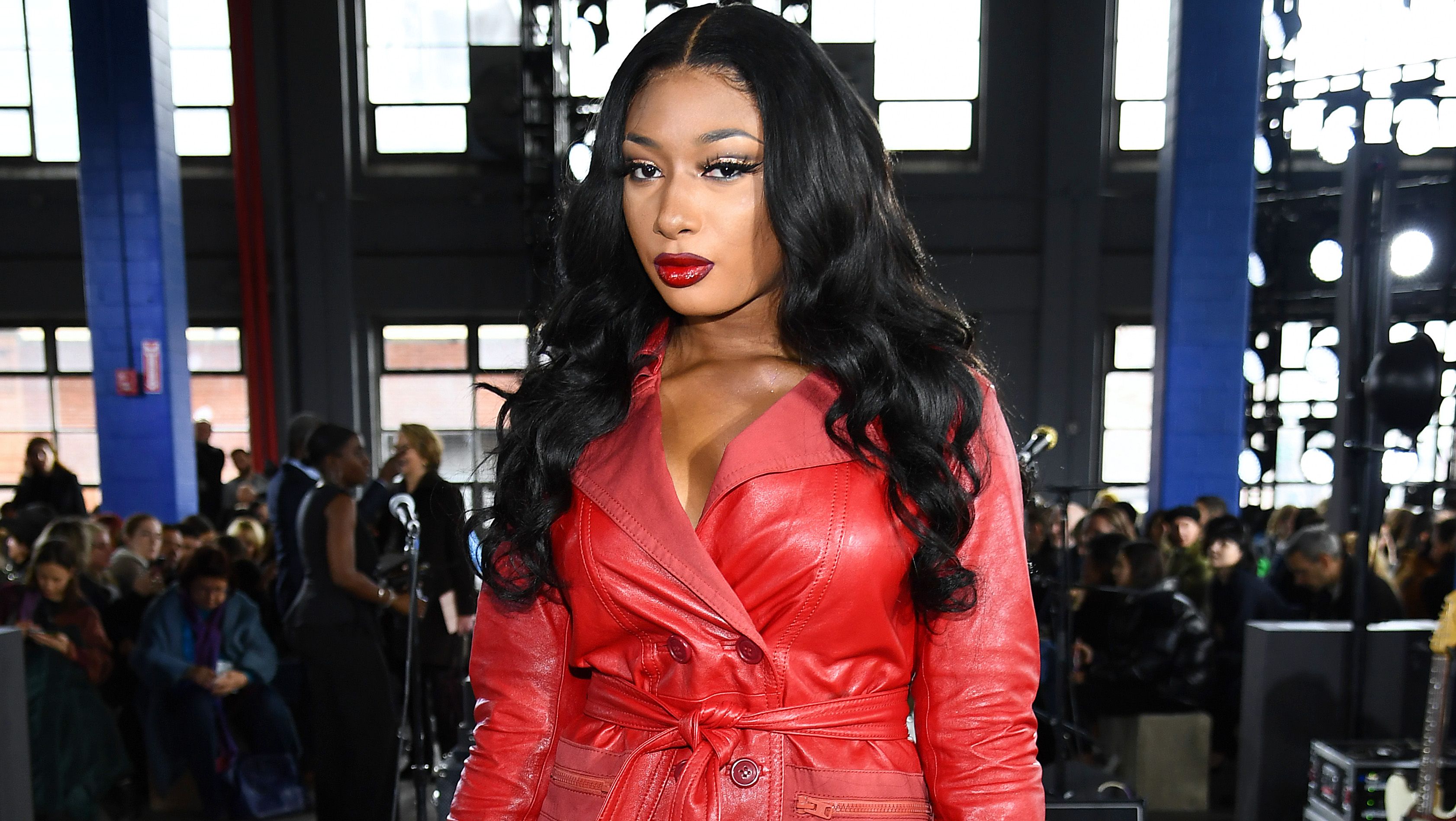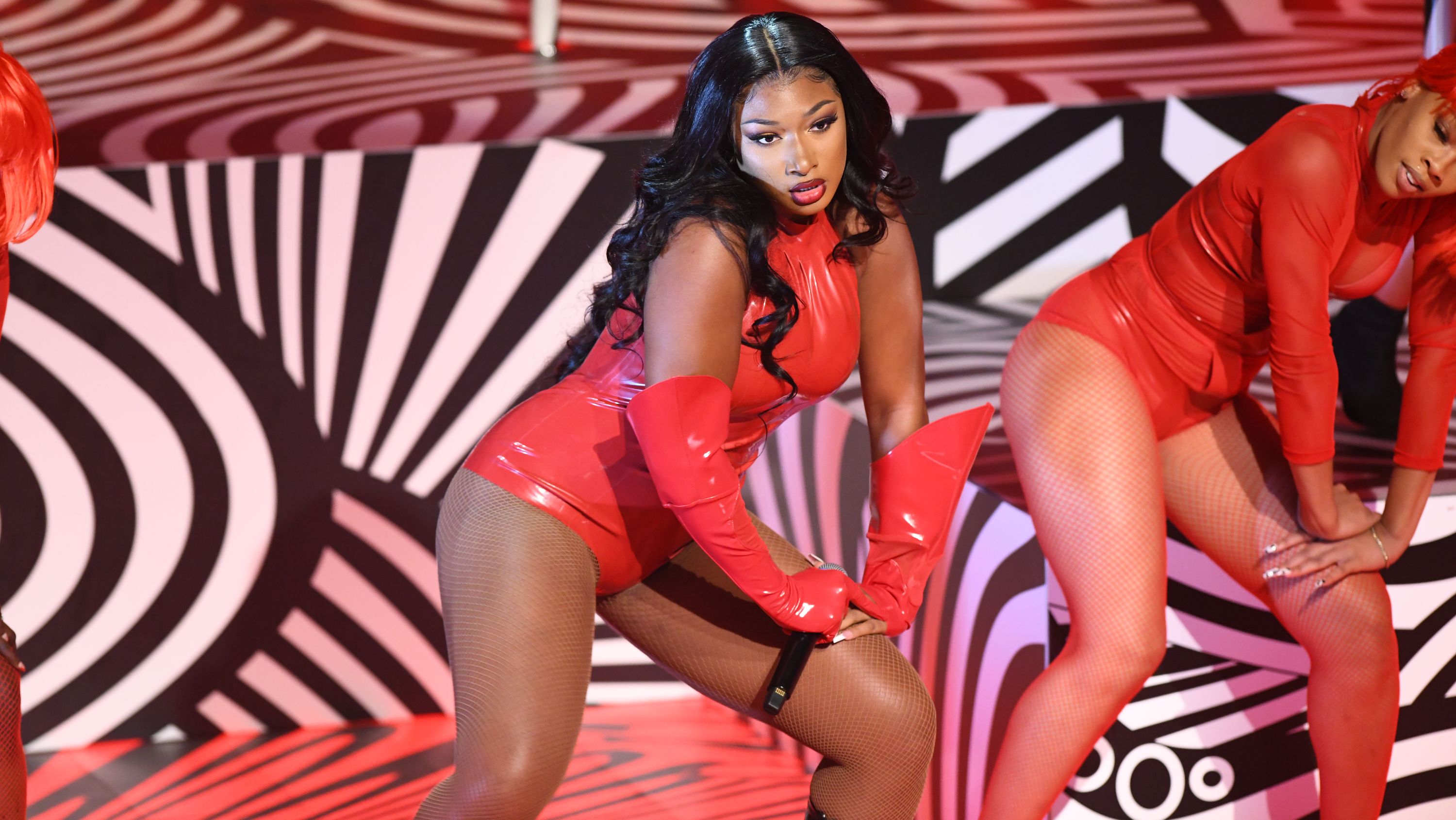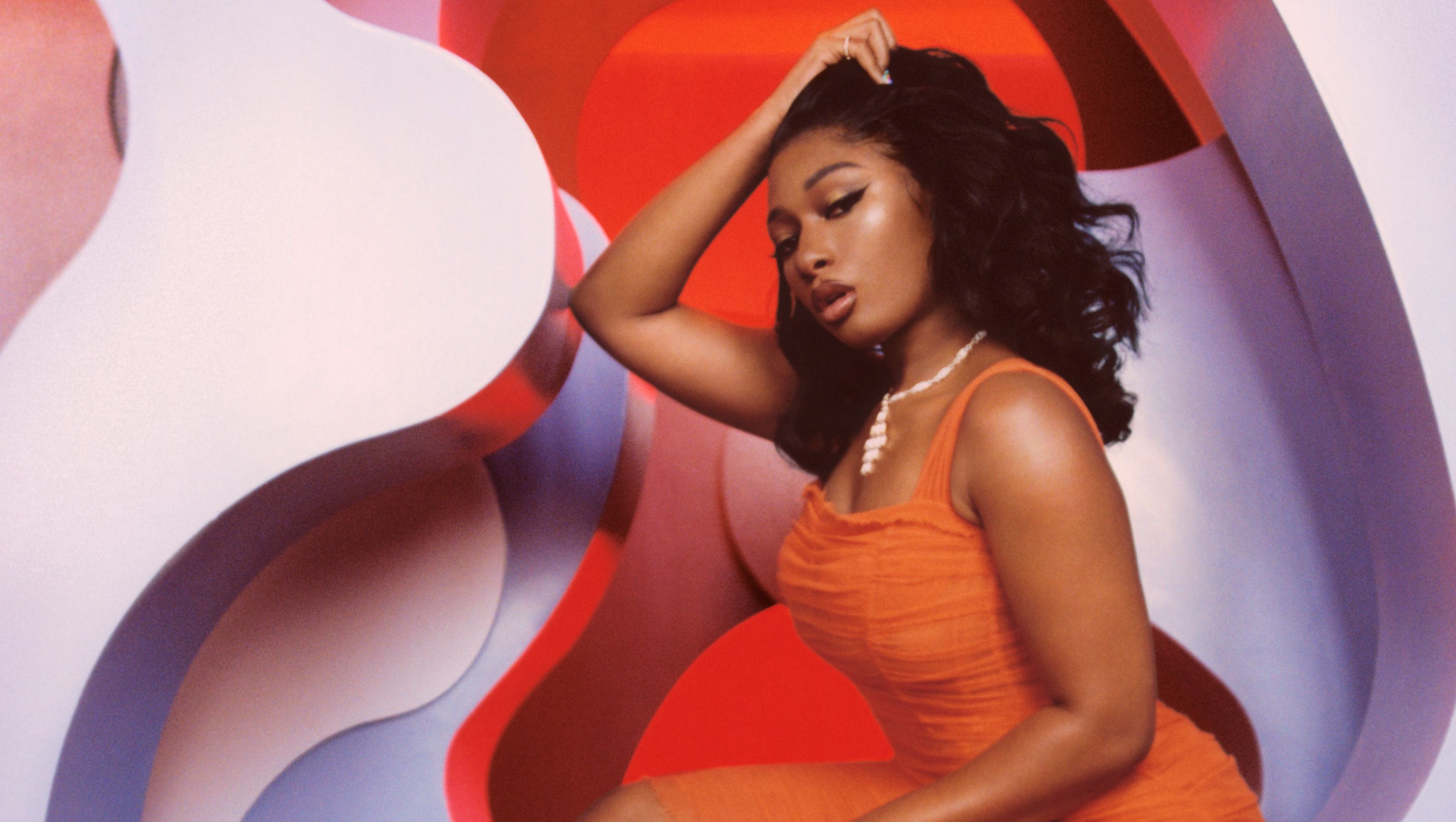Megan Thee Stallion Spoke Out About Violence Against Black Women in a Powerful Op-Ed
Megan Thee Stallion wrote an op-ed for the New York Times about the abuse and exploitation of Black women, and why she chooses to speak out.


- Megan Thee Stallion wrote an op-ed for the New York Times about the abuse and exploitation of Black women, and why she chooses to speak out.
- Megan wrote about being shot, and subsequently experiencing victim blaming.
- She also discussed her Saturday Night Live performance, during which she spoke out about the failure to indict the police officers who killed Breonna Taylor.
If you read one thing today, make it Megan Thee Stallion's powerful op-ed for the New York Times, in which she discussed violence against Black women, the murder of Breonna Taylor, and the victim blaming and misogynoir she's experienced in her own career.
"In the weeks leading up to the election, Black women are expected once again to deliver victory for Democratic candidates. We have gone from being unable to vote legally to a highly courted voting bloc—all in little more than a century," Megan wrote. "Despite this and despite the way so many have embraced messages about racial justice this year, Black women are still constantly disrespected and disregarded in so many areas of life."
She also wrote about being shot—and subsequently disbelieved and blamed. "I was recently the victim of an act of violence by a man. After a party, I was shot twice as I walked away from him," Megan said. "Even as a victim, I have been met with skepticism and judgment. The way people have publicly questioned and debated whether I played a role in my own violent assault proves that my fears about discussing what happened were, unfortunately, warranted."
A post shared by Megan Thee Stallion (@theestallion)
A photo posted by on
"I recently used the stage at Saturday Night Live to harshly rebuke Kentucky’s attorney general, Daniel Cameron, for his appalling conduct in denying Breonna Taylor and her family justice. I anticipated some backlash: Anyone who follows the lead of Congressman John Lewis, the late civil rights giant, and makes 'good trouble, necessary trouble,' runs the risk of being attacked by those comfortable with the status quo," Megan said. "But you know what? I’m not afraid of criticism. We live in a country where we have the freedom to criticize elected officials."
"And it’s ridiculous that some people think the simple phrase “Protect Black women” is controversial," she continued. "We deserve to be protected as human beings. And we are entitled to our anger about a laundry list of mistreatment and neglect that we suffer."
"Maternal mortality rates for Black mothers are about three times higher than those for white mothers, an obvious sign of racial bias in health care. In 2019, an astronomical 91 percent of the transgender or gender-nonconforming people who were fatally shot were Black, according to the Human Rights Campaign," she wrote.
"Beyond threats to our health and lives, we confront so much judgment and so many conflicting messages on a daily basis," Megan continued. "If we dress in fitted clothing, our curves become a topic of conversation not only on social media, but also in the workplace. The fact that Serena Williams, the greatest athlete in any sport ever, had to defend herself for wearing a bodysuit at the 2018 French Open is proof positive of how misguided the obsession with Black women’s bodies is."
Get exclusive access to fashion and beauty trends, hot-off-the-press celebrity news, and more.
Megan also wrote about being condemned for how she dresses as well as for expressing her sexuality in her art. "I choose what I wear, not because I am trying to appeal to men, but because I am showing pride in my appearance, and a positive body image is central to who I am as a woman and a performer," she said. "But the remarks about how I choose to present myself have often been judgmental and cruel, with many assuming that I’m dressing and performing for the male gaze. When women choose to capitalize on our sexuality, to reclaim our own power, like I have, we are vilified and disrespected."
She went on to lament the absence in school curriculums of Black female role models like Katherine Johnson, Alice H. Parker, and Black Lives Matter founders Patrisse Cullors, Alicia Garza, and Opal Tometi. "Wouldn’t it be nice if Black girls weren’t inundated with negative, sexist comments about Black women?" Megan wrote. "If they were told instead of the many important things that we’ve achieved?"
Related Stories



Emily Dixon is a British journalist who’s contributed to CNN, Teen Vogue, Time, Glamour, The Guardian, Wonderland, The Big Roundtable, Bust, and more, on everything from mental health to fashion to political activism to feminist zine collectives. She’s also a committed Beyoncé, Kacey Musgraves, and Tracee Ellis Ross fan, an enthusiastic but terrible ballet dancer, and a proud Geordie lass.